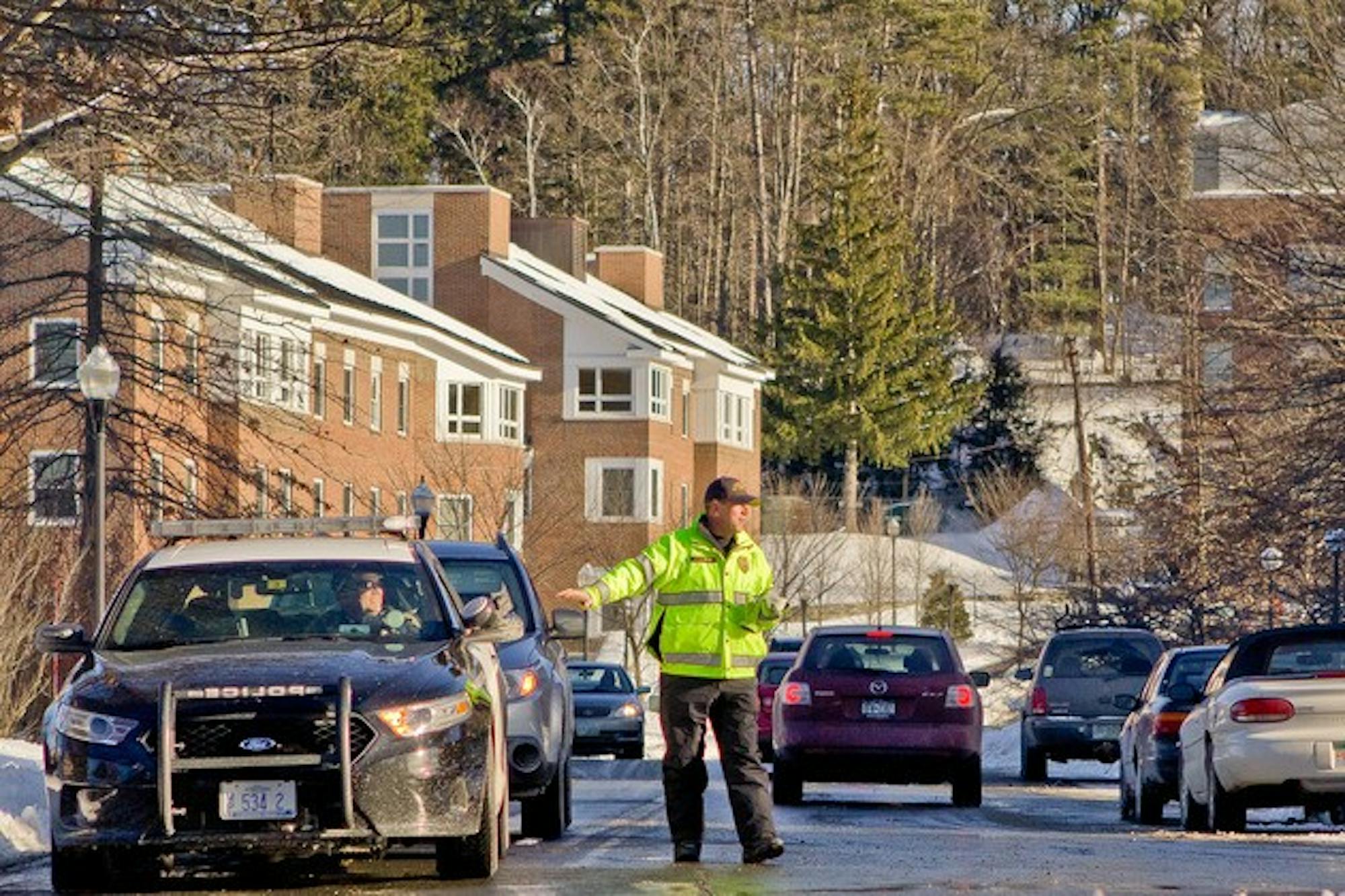The group began drafting a report in March on protocol and preparedness for a hostile intruder scenario following the Newtown, Conn. shooting at Sandy Hook Elementary School. The group expects to present the report to senior administrators in July, emergency management coordinator Nicole Buck said.
"In our daily lives, we don't really think about how to react to these situations," Buck said.
The group will start a campus awareness campaign in the fall and hopes to work more closely with students to understand the best method of developing emergency protocol, Safety and Security director Harry Kinne said.
The campaign aims to improve communication with the Office of Public Affairs and faculty members to determine the most effective way to deliver information.
Beyond hostile intruder scenarios, the group prepares for a wide range of other emergency situations, including utility failures, natural disasters, public health emergencies and fires.
The group prioritizes preparedness scenarios based on the likelihood and impact of the event, but also has a standard emergency response protocol, environmental health and safety associate director Michael Cimis said.
"The idea is that with our planning, we can tweak our plan to accommodate any type of event," he said.
The group's website includes a link to "Run, Hide, Fight," a video about hostile intruder preparedness.
"Watching Run, Hide, Fight,' even once will provide some information to pull from," Buck said.
The first priority in any emergency is safety, Kinne said. After ensuring student and emergency responder safety, situation control and mitigation becomes the priority. The College then assesses the campus's physical damage.
Two of the most important factors in emergency management are communication and preparedness, Kinne said.
During emergencies, students receive updates and instructions through DartAlert, the College-wide emergencies communication system, and an outdoor mass notification system.
To prepare for these events, Buck recommends that each student has an emergency pack with water and a flashlight with extra batteries in his or her room.
Another factor that the group emphasizes is communication with parents.
"If something were to happen here at Dartmouth, we absolutely want to make sure that parents get information about their children," Kinne said.
In an emergency situation, parents can contact a call center to receive updates. In a catastrophic emergency such as a hostile intruder, explosion or pandemic, the Dartmouth homepage would be replaced by status updates.
The group's success largely depends on the participation of its constituent members, Kinne said. Around 15 to 30 representatives from various campus groups meet every other Wednesday, he said.
"From our standpoint, we have to keep it interesting, topical, practical and timely to make them want to be here," he said.
The group conducts a tabletop emergency simulation exercise once a term to walk through response protocol and unusual circumstances.
The College has signed agreements with the town of Hanover so that town officials may utilize Dartmouth facilities in emergencies, Buck said.
Likewise, Hanover would serve as a liaison between Dartmouth and the state of New Hampshire in statewide emergencies.
"It's important to have that symbiotic relationship," Buck said. "Dartmouth does want to be a good neighbor, so if there's something Dartmouth can do to help in the Upper Valley, that's important."
Buck said Dartmouth would refrain from evacuating campus in emergencies, unless the College could no longer provide food and housing for students.
The group also works with the student-run Dartmouth Emergency Medical Services and local emergency responders.
Over the next year, the group plans to focus on initiatives regarding emergency recovery.
"A critical emergency can cause so much damage in only 30 minutes," Kinne said. "But the longest and most amount of effort is in recovery, which could take years."




